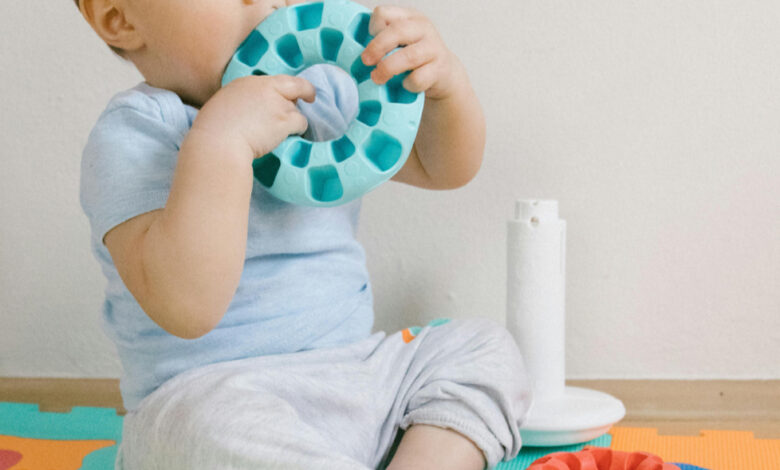Why Toddlers Should Start Learning French at a Very Young Age: The Key Benefits

Introducing a second language like French during early childhood offers toddlers a wealth of cognitive, social, and academic benefits. While some may assume that learning another language can be confusing for young children, research consistently shows the opposite: the earlier a child is exposed to a new language, the more naturally and effectively they learn it. French, in particular, is not only a beautiful and widely spoken language but also one that opens many doors in the future.
Young children are hardwired for language learning. Between birth and around age seven, the human brain is at its most flexible—often called the “critical period” for language acquisition. During this time, toddlers absorb new sounds, vocabulary, and sentence structures effortlessly, much like they learn their native language. Their brains function like little sponges, picking up nuances of pronunciation and grammar with remarkable ease. Starting French at a very young age means children can develop a native-like accent and a deep understanding of how the language works without formal instruction or pressure. Learning is intuitive and playful, often taking place through songs, games, stories, and everyday interactions.
Learning French doesn’t just add another language to a child’s skillset—it also enhances brain development. Studies show that bilingual children often have better memory, problem-solving skills, and concentration than their monolingual peers. Switching between languages exercises the brain like a mental workout, helping young learners become more flexible thinkers. These cognitive benefits extend to academic performance as well. Children exposed to more than one language from an early age often perform better in areas such as math, reading, and creative thinking. Early bilingualism is also linked to greater empathy and emotional intelligence, as children learn to see the world from multiple perspectives.
French also introduces toddlers to the richness of Francophone cultures around the world. From French cuisine and art to music, literature, and traditions, children develop an appreciation for diversity and global perspectives. This early exposure promotes curiosity, tolerance, and a broader worldview—important qualities in today’s interconnected society. French is spoken on five continents, making it one of the most useful and relevant global languages. By learning it early, children are better equipped to connect with people from different cultures, travel with confidence, and even consider international education or careers later in life.
Toddlers learning French are constantly expanding their vocabulary—not just in French, but in their native language too. Contrary to the myth that learning two languages confuses young children, bilingual kids often develop stronger overall language and communication skills. They learn how language works, become more aware of sentence structure, and develop a richer vocabulary. This linguistic awareness can lead to better reading and writing skills later on. Early exposure also reduces the fear or hesitation that older children or adults sometimes feel when starting a new language. For toddlers, speaking French can become as natural as speaking English or any other native tongue.
Most importantly, learning French can be fun and confidence-boosting for toddlers. With engaging songs, colorful books, interactive games, and friendly teachers, learning becomes a joyful experience. When children see that they can understand and use words in a new language, it builds self-esteem and a sense of achievement. Positive early experiences with language learning set the tone for future learning. Children who start French young often develop a lifelong love of languages and feel more confident trying out others as they grow.


